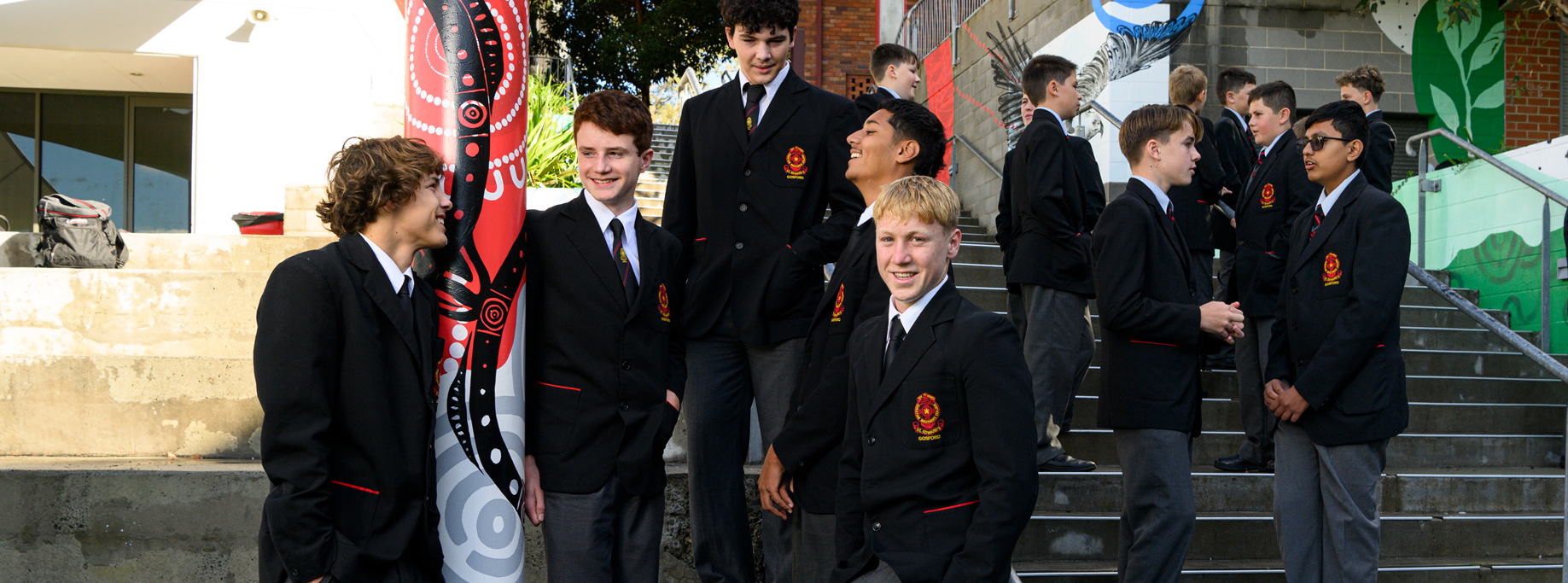
E-Book – Coping
Tools for Managing Teenage Anxiety
When someone is anxious, they are often worried about a future event. Their restless mind needs to take a rest from future thinking, ruminating and worrying. Settling back into the present gives them a chance to relax and calm down. The practice of mindfulness, even if just for a few seconds, is a wonderful way to let go of their worries. Encourage your young person to practise mindfulness regularly and at different times of the day.
Here’s some mindfulness tools that can help them to bring their focus back to the present. Ask them to count out loud on their fingers:
• Five things they can see
• Four things they can hear
• Three things they can feel (such as their feet in their shoes)
• Two things are grateful for
• One person they love
Deep Breathing
When someone is stressed, their whole physiology is on edge. When they are anxious their breathing becomes shallow.
Deep breathing activates their relaxation response to relieve stress. As a result, the heart rate decreases, muscles relax, pupils constrict and the stomach starts to do its job that was put on hold when anxiety struck. Encourage your young person to breathe in this way:
• Say to them “Come on, let’s take three deep breathes together”
• Encourage them to breathe into their belly to get control over their body and steady their mind
Exercise
Exercise releases chemicals called endorphins that increase your young person’s feelings of wellbeing. It also relieves the muscle tension that builds up over a day of working, worrying and ruminating. There are many ways to get more movement into your young person’s life including:
• Engaging in regular sports
• Walking to school and to other activities
• Taking regular movement breaks from homework
• Joining you in a morning walk
When anxiety comes a problem
Anxiety becomes a problem when it impacts on your young person’s quality of life and prevents them from participating in everyday activities such as school, interests and social events. If this happens your young person may need professional support. Their school, your local general practitioner and the relevant department at your local council can assist.
Return to Newsletter







